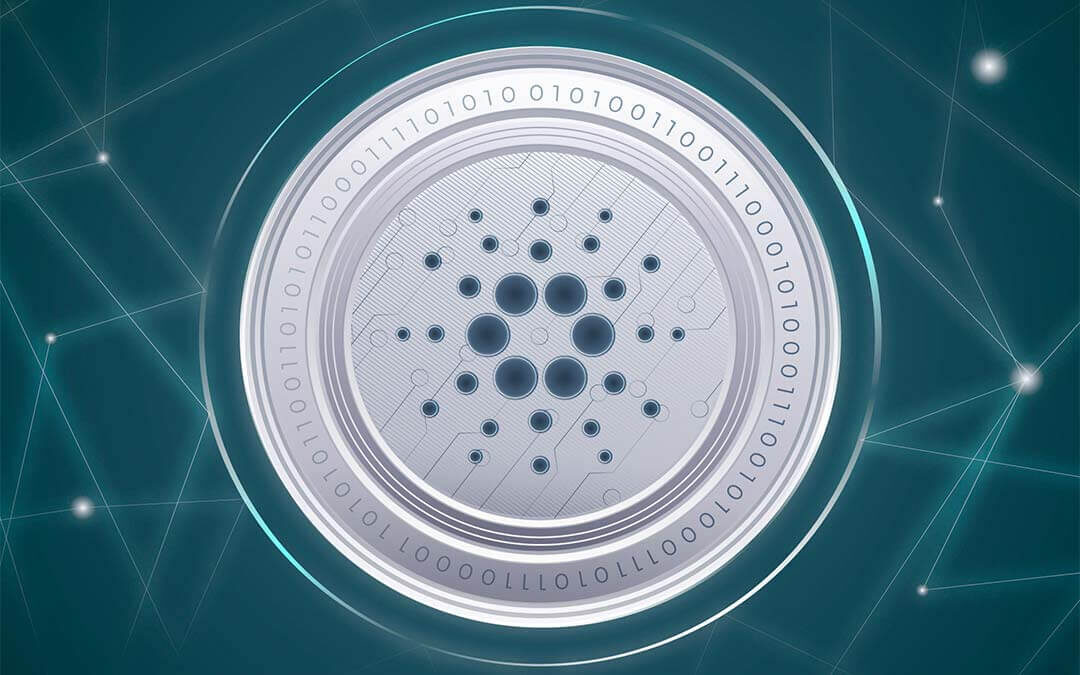Table of Contents
With this article, we will analyze in detail the Byron phase of Cardano. If, on the other hand, you want to learn more about the other phases, you can find the articles below:
The Cardano roadmap: dedicated article to learn more about the roadmap
Byron phase: it’s time for networking with the creation of the connected token.
Shelley phase: involves the development, growth, and decentralization of the network.
Basho phase: a phase of the roadmap in which the optimization of network processes will be carried out, offering greater scalability and speed in transactions.
Voltaire phase: the governance of Cardano will be developed with complete self-sustainability in the network from both a technological and an economic point of view.
Introduction
The Japanese arm of the company, Emurgo, which develops and supports commercial initiatives based on Cardano has leaked that there will be tremendous opportunities for developers, deriving from the underlying infrastructure, for future Goguen blockchain technologies, through the introduction of the virtual machine IELE.
But let’s take a closer look at the salient features of this specific phase of the Cardano ADA cryptocurrency roadmap in more detail.
The Goguen phase of Cardano
As you already know, the Goguen phase will implement the functional structure that will allow the exploitation of the Cardano blockchain network, which, in turn, will allow the development of decentralized applications, DApps, considered valuable by developers and companies in the sector.
With Goguen, the Multi-Asset Ledger will enter, capable of hosting additional native tokens to be used together with DApps, which will give life to DeFi projects.
Currently, Cardano works on two distinct layers, the CSL (Cardano Settlement Layer) in which all transaction information is placed and on which the platform tokens (ADAs) are transferred, and the CCL (Cardano Control Layer), a sector in which only account data and smart contract information are managed.
The Cardano protocol will become even more secure with the completion of the Goguen phase and will be able to host highly sensitive information for companies.
The programming systems integrating the Goguen phase
The Goguen phase brings native token support, along with Plutus and Marlowe, needed to develop the smart contracts essential to establishing a global, decentralized financial system.
Cardano introduced metadata to transactions (that is, those tools that allow companies and developers to add information about transactions) and updated the ledger to support token locking, the same process foreseen in the Shelley phase which allows providing the Goguen phase with a path smooth update.
Finally, the last step envisaged for the long-awaited Goguen phase provides for native support from tokens for multi-asset, in addition to the devnet that attracts further developer communities and updates from Plutus Playground and Marlowe.
Plutus Playground
Plutus Playground is a programming language entrusted with the task of protecting the security of financial contracts transiting on the Cardano platform.
Specifically, Plutus is an environment for writing and testing smart contracts before the release of the Cardano blockchain.
Furthermore, Plutus Playground is based on Haskell programming principles and allows developers to be able to write highly secure codes that can interact with the Cardano platform. Thanks to Haskell, smart contracts enjoy a high level of security, as they appear to be programmed to perform the tasks for which they were intended and, before their implementation, can be previously tested by the developers themselves.
In essence, Plutus is a system that provides a web-based simulator designed to draft and execute smart contracts, as well as allow users access to existing contracts.
Additionally, Plutus Playground is aimed at programmers capable of building decentralized applications such as supply chains, P2P payments, property registration, track and trace, and smart contracts operating in Cardano; therefore, it is essentially aimed at entrepreneurs, companies, governments, and the entire Cardano community, including holders of the ADA cryptocurrency.
Finally, Plutus Playground works through the browser, without the need to install any software on the computer from which the smart contracts are compiled and simulated. In any case, for newbies, in-depth tutorials are available that allow you to fully understand the stages of compiling and simulating smart contracts previously written by Plutus Playground.
Marlowe
The Goguen phase of Cardano also provides free access to the Marlowe programming language, specifically designed to give life to financial instruments, allowing the creation of smart contracts or DApps through already tested blocks of code.
With Marlowe, traditional contracts will be able to be inserted within the Cardano platform, because with this special language, it is possible to write contracts in the language of finance, rather than in that relating to the block-chain; in this way, the reading and writing of these products will be much easier.
Another advantage that can be found with the Marlowe programming language is that relating to security: different types of errors already identified are impossible to write, so as to make a preventive analysis of the behavior of the contracts possible without having to execute them.
The use of Marlowe, like Plutus Playground, can take place directly from the browser and, from the same, the smart contracts, in addition to being written, can be analyzed in their behavior, also through possible simulations of the actions implemented by the participants.
When is its debut expected?
After the Shelley era, which decentralized the core of the system, the one relating to the Goguen phase is getting closer and closer, which envisages the ability to create decentralized applications (DApps) on the solid foundations of Cardano, peer-reviewed research and advanced development high guarantee.
Currently, however, although the roadmap envisages the launch of the Goguen mainnet by spring 2021, there is still no certain date as to when this phase will be completed.
Support the project
Delegate with Pasta Pool
You may delegate even a small part of your Cardano, every contribution is precious for us.
Select [PASTA] from the staking pool list


